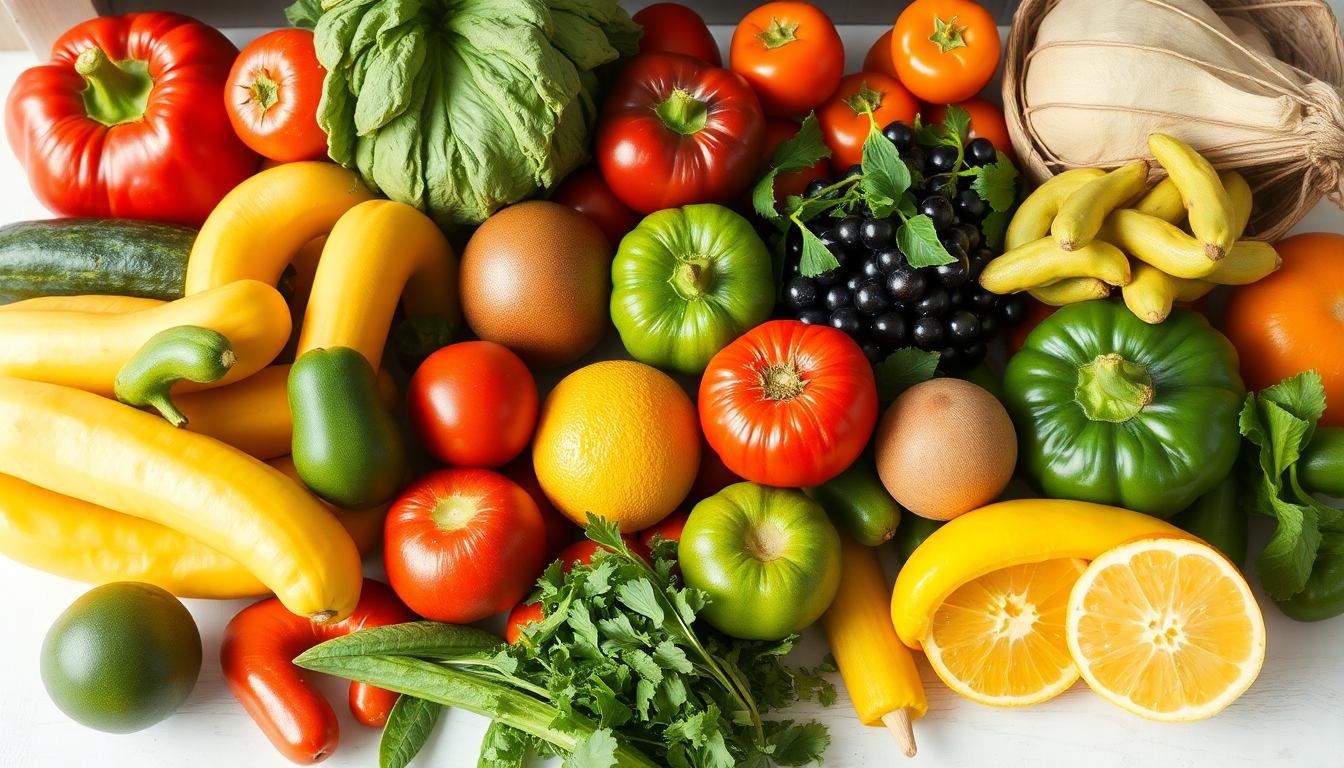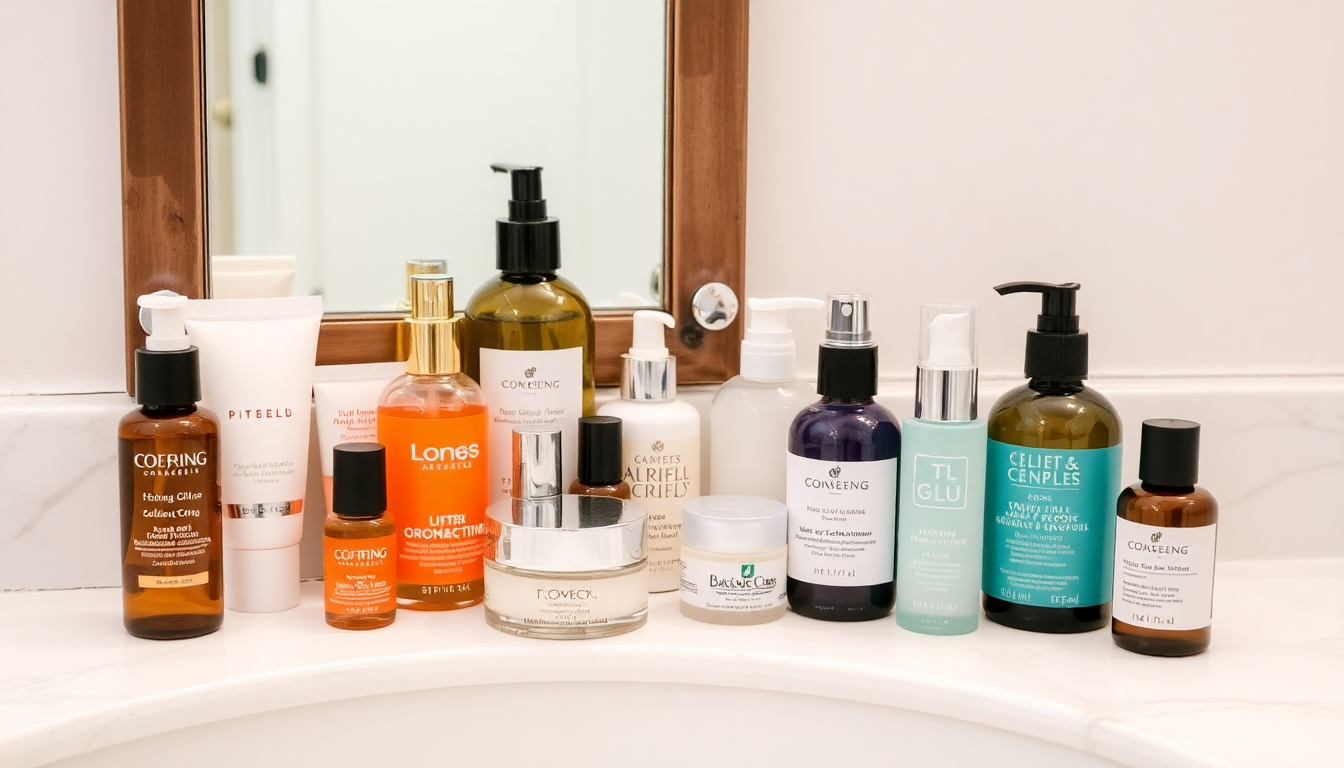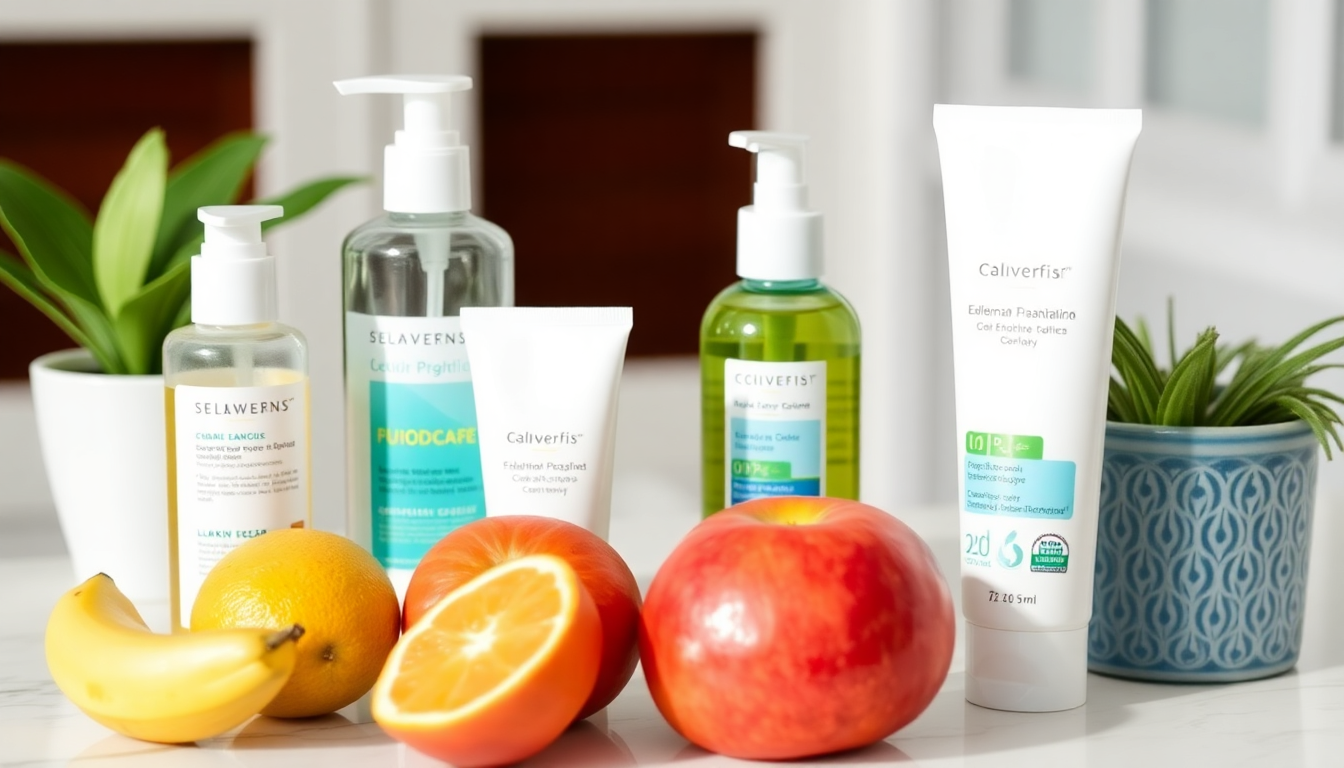Introduction
Achieving healthy, glowing skin is a common aspiration among individuals of all ages. While skincare products and routines are important, the foundation for beautiful skin often begins with nutrition. Vitamins play a crucial role in skin health, directly impacting its appearance and resilience. In this comprehensive guide, we will delve into the essential vitamins that contribute to achieving that radiant glow, how they work, their sources, and tips for incorporating them into your daily diet.
1. Vitamin A
Vitamin A is often hailed as a superstar in the skincare world. This fat-soluble vitamin is essential for skin health due to its ability to promote cell turnover and repair skin tissues. It helps in the production of new skin cells, which is vital for maintaining a youthful appearance.
-
Benefits:
- Improves skin texture and tone
- Reduces the appearance of fine lines and wrinkles
- Helps combat acne by preventing clogged pores
-
Sources:
- Carrots
- Sweet potatoes
- Spinach and other leafy greens
- Fish liver oil
- Eggs
Including these foods in your diet can help ensure you receive an adequate amount of Vitamin A, which can lead to improved skin health.
2. Vitamin C
Vitamin C is another essential nutrient for achieving glowing skin. Renowned for its powerful antioxidant properties, Vitamin C helps protect the skin from damage caused by free radicals, which can accelerate aging. Additionally, it plays a vital role in collagen synthesis, making it crucial for skin elasticity and firmness.
-
Benefits:
- Brightens skin tone and reduces hyperpigmentation
- Reduces the appearance of fine lines and wrinkles
- Enhances skin firmness and elasticity
- Supports skin healing and reduces inflammation
-
Sources:
- Citrus fruits (oranges, lemons, grapefruits)
- Strawberries
- Bell peppers
- Broccoli
- Kiwis
To maximize the benefits of Vitamin C, consider incorporating a variety of these sources into your meals. Smoothies, salads, and fresh juices are excellent ways to boost your intake.
3. Vitamin E
Vitamin E is another potent antioxidant that plays a significant role in maintaining skin health. It helps protect skin cells from oxidative stress caused by environmental factors like UV radiation and pollution. Additionally, Vitamin E aids in moisturizing the skin, enhancing its overall appearance.
-
Benefits:
- Hydrates skin and improves moisture retention
- Reduces inflammation and soothes irritated skin
- Supports the skin's healing processes
-
Sources:
- Nuts (almonds, hazelnuts)
- Seeds (sunflower seeds)
- Spinach
- Avocados
- Olive oil
Incorporating these foods into your diet can help ensure you get enough Vitamin E for maintaining skin health.
4. Vitamin D
Vitamin D is essential not only for bone health but also for skin health. It helps to repair damaged skin and promotes the growth of new skin cells. Additionally, Vitamin D has anti-inflammatory properties that can help soothe irritated skin conditions.
-
Benefits:
- Supports skin barrier function
- May help with conditions like psoriasis and eczema
- Promotes overall skin health and vitality
-
Sources:
- Sunlight (the body produces Vitamin D when exposed to sunlight)
- Fatty fish (salmon, mackerel)
- Fortified dairy products
- Egg yolks
For those who may have limited sun exposure, consider fortified foods or supplements to maintain adequate Vitamin D levels.
5. B Vitamins
The B vitamin family, particularly B3 (niacinamide) and B5 (panthenol), is critical for maintaining skin health. B vitamins help to improve skin hydration, elasticity, and overall appearance, making them essential in any skincare regimen.
-
Benefits:
- Enhances skin barrier function
- Reduces redness and evens skin tone
- Promotes hydration and moisture retention
-
Sources:
- Whole grains (brown rice, oats)
- Meat (chicken, turkey)
- Eggs
- Legumes and nuts
Including a variety of these foods in your diet can help ensure you are getting enough B vitamins for healthy skin.
6. Omega-3 Fatty Acids
While not a vitamin, Omega-3 fatty acids are essential for skin health. They help maintain the skin's lipid barrier, which is vital for keeping skin hydrated and reducing inflammation. Omega-3s can also help protect the skin from sun damage.
-
Benefits:
- Reduces inflammation and redness
- Improves skin hydration
- May help with acne and eczema
-
Sources:
- Fatty fish (salmon, sardines)
- Flaxseeds and chia seeds
- Walnuts
- Algal oil (a plant-based alternative)
Consider adding Omega-3-rich foods to your diet for enhanced skin health and overall well-being.
Conclusion
Incorporating these essential vitamins and nutrients into your diet can significantly impact your skin's health and appearance. A balanced diet rich in fruits, vegetables, nuts, seeds, and healthy fats will provide the necessary nutrients for maintaining that coveted healthy, glowing skin. Remember, while supplements can be beneficial, obtaining vitamins from whole food sources is always the best approach for maximum benefits.
For optimal results, combine a nutrient-rich diet with a proper skincare routine tailored to your skin type. Regular hydration, adequate sleep, and sun protection also play critical roles in achieving and maintaining healthy skin.
By following this comprehensive guide and making conscious dietary choices, you’ll be well on your way to achieving the radiant, glowing skin you desire.




Hinterlasse einen Kommentar
Alle Kommentare werden vor der Veröffentlichung geprüft.
Diese Website ist durch hCaptcha geschützt und es gelten die allgemeinen Geschäftsbedingungen und Datenschutzbestimmungen von hCaptcha.